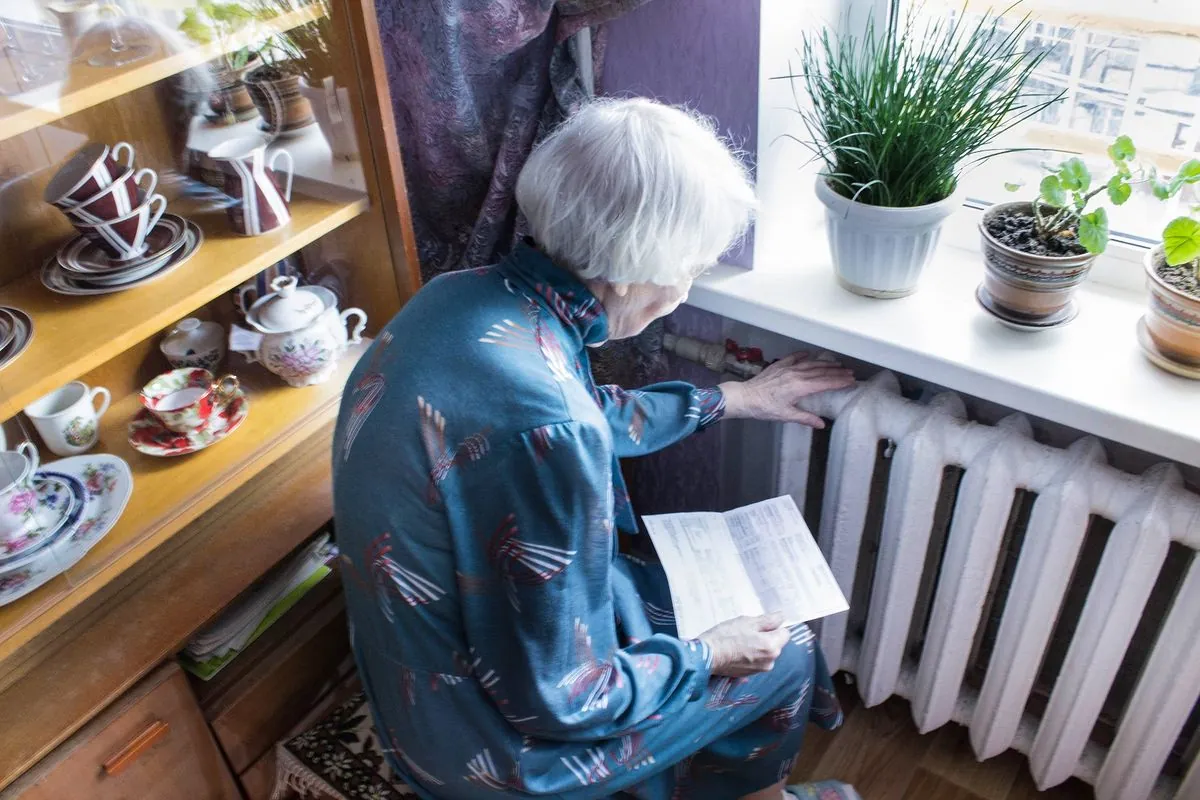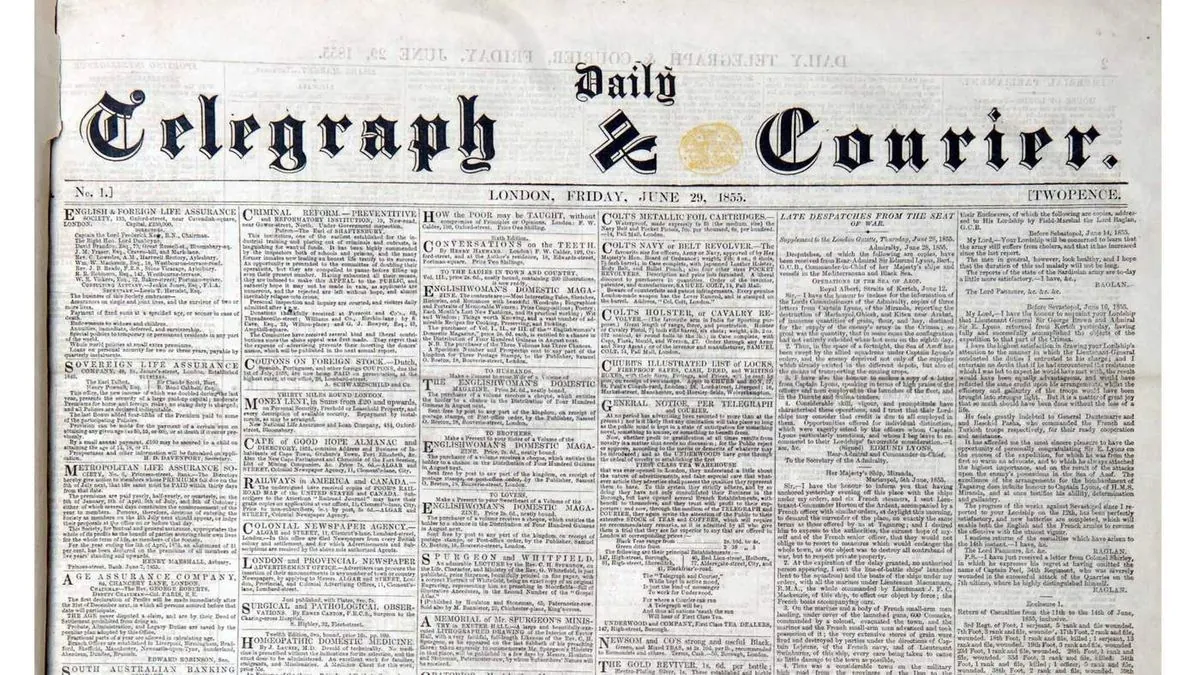Elderly Britons at Risk as Labour's Fuel Policy Targets Oldest Pensioners
New data reveals Labour's winter fuel policy change disproportionately affects Britain's oldest pensioners. Government figures show a significant increase in claimants aged 75 and over, raising concerns about their vulnerability.

Recent government data has unveiled the potential impact of Labour's proposed changes to the winter fuel payment policy, with Britain's oldest pensioners likely to bear the brunt of the alterations. The Department for Work and Pensions (DWP) has released figures showing a notable increase in winter fuel payment recipients, particularly among those aged 75 and above.
The winter fuel payment, introduced in 1997 by the Labour government, is a tax-free annual payment designed to assist older individuals with heating costs. Last year, 11.6 million payments were distributed, marking a rise of 214,000 from the previous winter. Significantly, the majority of this increase was attributed to claimants aged 75 and over, who accounted for 5.8 million of the recipient households.
Sir Steve Webb, a former pensions minister, highlighted the particular importance of these payments for older pensioners. He noted that this demographic tends to spend more time at home and may be more susceptible to cold temperatures due to increased frailty.
"There is evidence that older pensioners spend more of their income on fuel bills, partly because they spend more time at home than when they were younger. They are also more likely to be frail and potentially feel the cold more."
The winter fuel allowance, previously automatically paid to individuals over state pension age, provided annual tax-free payments ranging from £150 to £300 based on the recipient's age. Those over 80 were eligible for the highest payment. Last year, 3.3 million pensioners received the maximum payment, an increase from 3.2 million the winter before.

Concerns have been raised about the potential consequences of means-testing the benefit. A 2017 Labour party report warned that scrapping the allowance could lead to nearly 4,000 pensioner deaths. Despite this, Rachel Reeves, speaking at the Labour party conference in Liverpool on September 23, 2024, maintained that the decision to means-test the payment was "the right decision."
The policy has been subject to various political debates and proposed changes over the years. Some argue that the money could be better targeted to those in fuel poverty, while others praise the policy for its simplicity and universal approach. The winter fuel payment is part of a broader set of policies aimed at tackling fuel poverty and has been estimated to cost the UK government around £2 billion annually.
Simon Francis of the End Fuel Poverty charity coalition expressed concern about the rising number of older people living alone and claiming the winter fuel payment. He emphasized that this group is particularly vulnerable to living in cold, damp homes due to higher living costs for single households and potentially fewer visitors to monitor their health and wellbeing.
International claims for the winter fuel payment have seen a slight decrease. Approximately 34,300 individuals received the payment from the European Economic Area (EEA) or Switzerland last year, down from 35,900 the previous year. The majority of these international claims were from Ireland.
As political pressure mounts, the government has defended its approach. A spokesperson stated, "We are committed to supporting pensioners – with millions set to see their state pension rise by £1,700 this Parliament through our commitment to the triple lock." They emphasized the need to target support to those most in need, given the current state of public finances.
The winter fuel payment policy continues to be a topic of debate, with some environmental groups criticizing it for not encouraging energy efficiency. However, studies suggest that the payment has contributed to reducing excess winter deaths among the elderly, highlighting its potential importance for the well-being of older Britons.


































